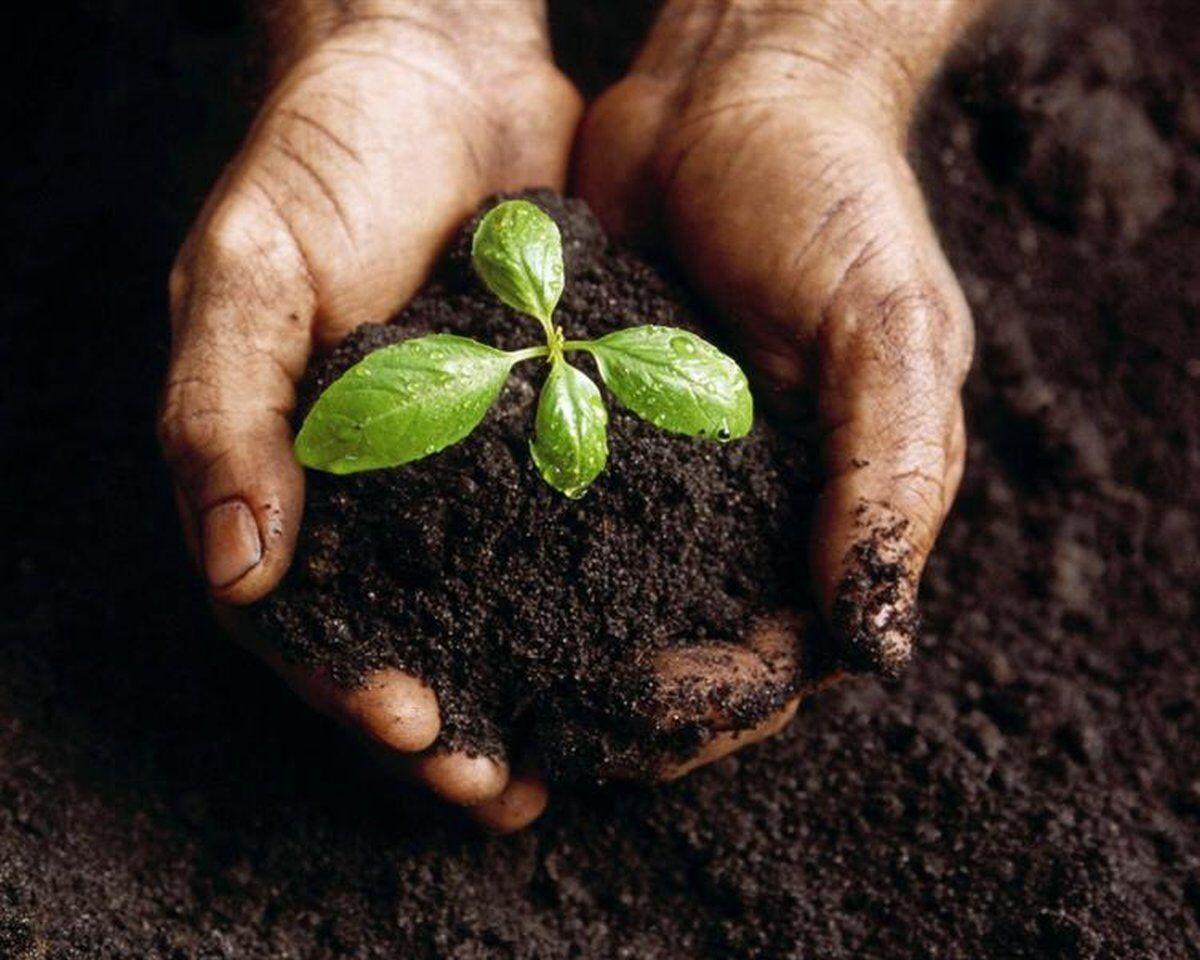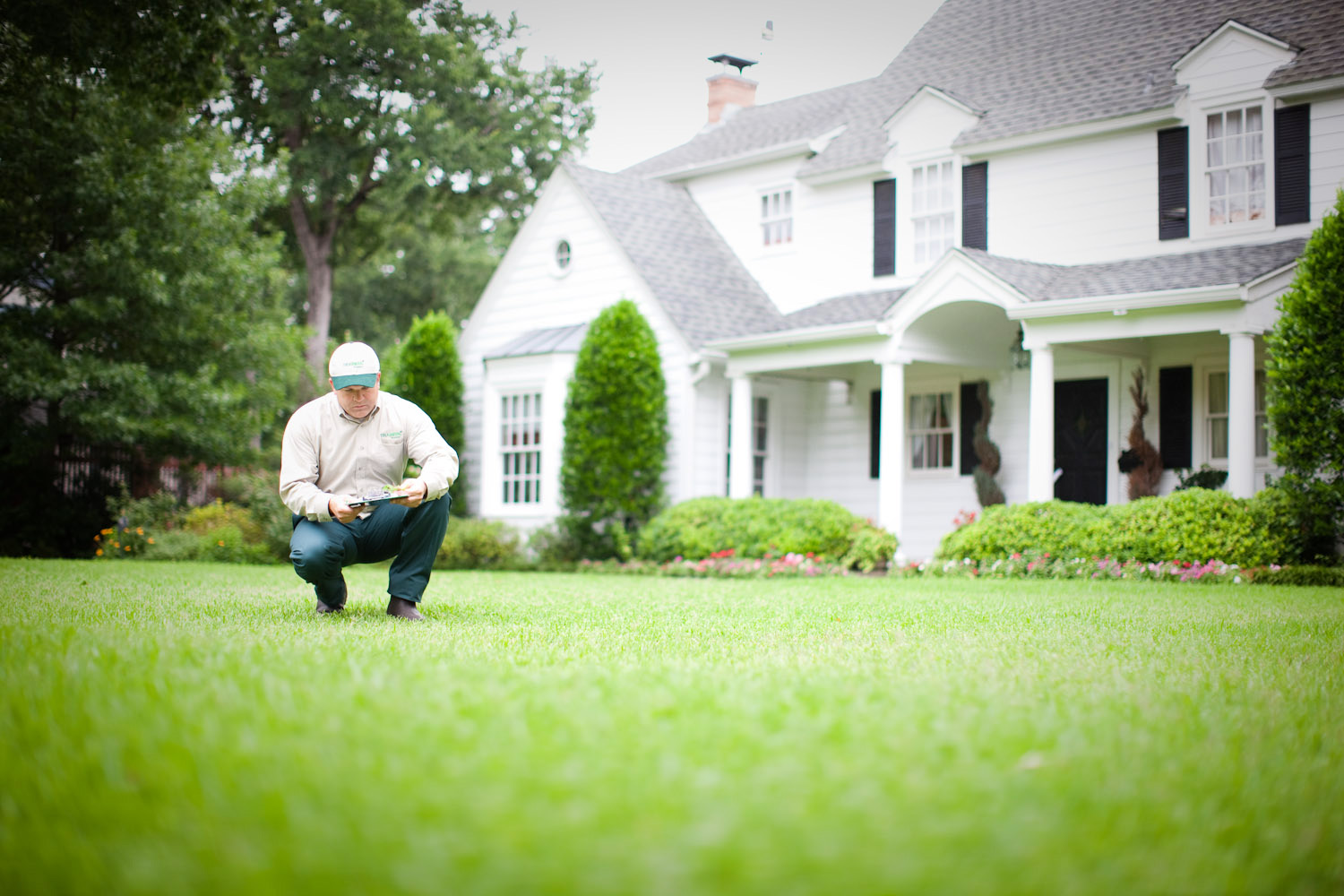America’s landfill has had its fill. Each year, every person contributes 1,600 pounds (ca. 726 kilograms) of waste. And in terms of food waste, we reach approximately 40 million tons in total. That’s a whopping $161 billion worth of food waste just from Uncle Sam.
Don’t even expect all those in the landfill to decompose naturally and in an environmentally friendly way. There are two types of decomposition—anaerobic and aerobic. The aerobic method of decay uses oxygen while the anaerobic doesn’t.
In the landfills, waste decays through the anaerobic process, and this isn’t good news. Without oxygen, the decomposition of food waste releases methane gas, which is a very toxic greenhouse gas. While many landfills take pride in their methane-capturing technologies, it’s still much better to nip those gases in the bud. Aerobic decomposition proves to be the better alternative.
Here is where you can step in to help protect the environment even with simple efforts at home, although you don’t have to sound so environmentally heroic for decomposing in your yard. It might be you simply want healthier-looking grass, shrubs, and trees on your lawn. For this job, you may want to employ a tree service to give the trees in your lawn more life and character. Composting can be done alongside to make the soil healthier for your yard’s greens and pave the way for the following:
Reduction of greenhouse emissions
We’re still not done with greenhouse gases (GHG) because they’re one of the earth’s archenemies. When landfills do not have the technologies that capture the emissions, those will get into the atmosphere, consequently worsening global warming. Composting can significantly reduce these emissions.
Minimizing the need for artificial fertilizers
The healthier the soil, the lesser the need for pesticides and synthetic fertilizers. Composting makes the plant healthier and soil less vulnerable to diseases and harmful pests. Healthy critters and bacteria fight illnesses off, so there will be no need for commercial pesticides. And since compost provides much more nutrients than fertilizers, you don’t have to buy the latter.
Recycle of nutrients
Composting is like recycling nutrients back to the soil. Just as you get the minerals and vitamins from the food you eat, the soil gets them, too. Do you know that the soil’s nutrients get depleted with intensive farming methods, giving out less healthy organic produce? But when you compost and thus do not have to use chemicals such as pesticides and artificial fertilizers, you get naturally healthier plants, which might result in more nutritious food on your plate.
Making you save
Every year, American households produce food waste worth 2,200 dollars—all these when they could’ve spent the excess on other essential matters. When you compost, you become more aware of how much food you throw away and maybe change your grocery habits. Being more conscious about your consumption makes you save more. Plus, you get to reduce your garbage service bills.
Types of Composting to Try
Before you get your pitchfork, figure out what kind of composting you want. You can choose from two types—cold or hot composting. Cold composting is much easier, although decomposition might go slower. You only have to take out your organic waste from the trash and collect yard waste. Finally, pile them up in a bin, water them up, and stir some time. It’s easy as that, but you will just have to wait a year.
Another option is hot composting. This isn’t easy as the first, but you get much faster results. The main ingredients include carbon, nitrogen, water, and air. All these can speed up the decay process much more if you use vermicompost alongside. This is done by composting worms, such as red wigglers and red worms, for more nitrogen produce.
What to Compost and What Not
The list of compostable materials is endless. Anything you remember to include, put them in. You can include waste such as shredded newspaper, eggshells, manure from vegetarian animals, vegetable scraps, fruit peels, coffee filters or grounds, sawdust from untreated wood, straw, and of course, yard waste. Just make sure you balance the greens and the browns.
But some materials shouldn’t land in your compost. Apparently, you don’t put in plastic products. Other things to avoid throwing into your compost are dairy, seafood, meat, or baked products, acidic, oily, or greasy foods, pet or human waste, diapers, synthetic fabric, glass, and more.
There are also materials that you should think twice about composting, even if they’re not necessarily dangerous to the soil. For instance, you live in an area with plenty of wildlife. This means your compost bin should not include any food that might attract any wandering animals commonly found around your place, such as raccoons, wolves, or bears.
Make Your Lawn Healthier and Protect the Environment
If you want to give your lawn vibrancy, treat its greens better at all costs, even if you have to prep up the soil by composting for the grass, shrubs, and trees to thrive. This way, you protect the environment, too.

